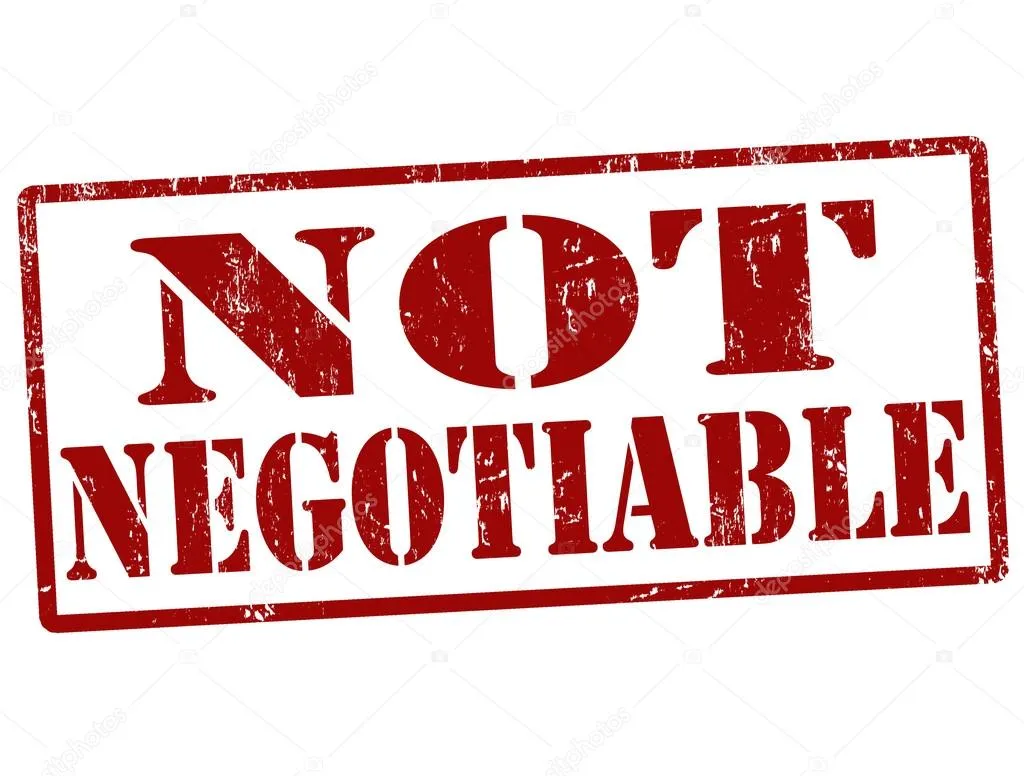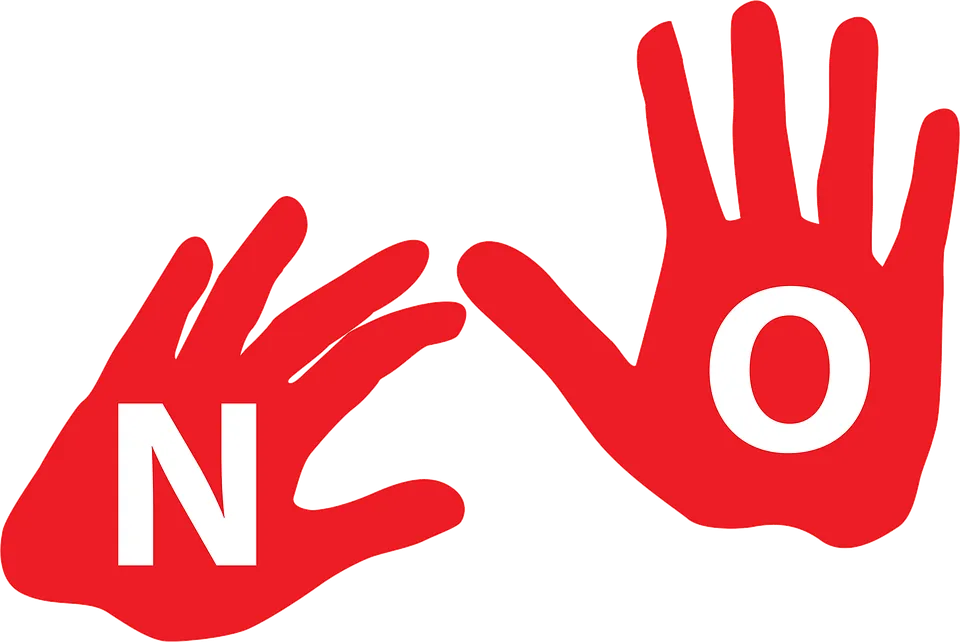Who does Pharaoh, Egypt and Moses represent in the Bible? A simple answer will tell us that Pharaoh is a type of Satan, Egypt is the world that enslaves and Moses to Christ the deliverer.
Curiously, Pharaoh was the sovereign and supreme ruler of ancient Egypt.
But also the pharaohs were considered children of the sun god. Pharaoh's power was unlimited.
They could impose all kinds of dominion over their inhabitants or over those they managed to dominate; that was the case of Israel. God had given the order that his people should worship him, but that he should do it outside of Egypt, those were his instructions
Hello Steemians, blessed day, I greet you @genesis2000. I just want to remind you that each blog is a challenge for you and me, even if it does not seem like it; because the purpose of this is that we can learn together and improve each day.

Pharaoh, knowing that he was already destroyed, began to negotiate with Israel his eventual exit seriously compromising the worship to which he was being called the people of God.
My brothers, Satan has always wanted to impose himself on the adoration of God. He was thrown out of heaven for wanting to usurp what is only a divine privilege.
Since then he has wanted to maintain control over the worship of God because doing so distracts the service that believers should give him.
And that is what Pharaoh represents here. But in front of such pretensions Moses, who already enjoyed a deep respect before Israel and the same Egypt, is going to stop very firm demanding to the Pharaoh that he let them go with all their belongings with which they will worship their God in the desert.
Moses did not negotiate with Pharaoh.
My beloved brothers, the "pharaoh" of this world has set up his strategy so that the believer is not so effective for God, leading them to comfortable arrangements.
However, in the face of the adoration he offers, we are going to say that we will go with everything on the way to the promised land to celebrate our adoration of the Lord.
God is worthy of full worship because we receive everything we have from him.
We can not accept any type of arrangements. Everything belongs to God.
Let us trace our plan through this question: What is the unconditional worship according to Moses when he confronted Pharaoh and brought Israel out of slavery?
IT'S THE ADORATION THAT DEMANDS LEAVING EGYPT
a) Egypt represents the world without God (8:25).
Moses was aware of the abomination that it represented for the Egyptians to worship another God that was not theirs.
Hence, in doing so in Egypt they would be exposed to the wrath of the people themselves vers.
But it was also for Israel. That people enslaved for years knew of all the gods that the Egyptians worshiped.
They observed the rites and the forms, as well as the different figures to whom they paid homage, and before whom they burned their sacrifices.
God's decision to Moses raised the need to worship him in the desert.
This was what God had said from the beginning: "And they will hear your voice; and you shall go, and the elders of Israel, to the king of Egypt, and you shall say to him, Jehovah the God of the Hebrews has found us; therefore, we will go three days in the wilderness, that we may offer sacrifices to Jehovah our God "(Exodus 3:18).
So in the face of Pharaoh's request to stay in his own land to worship his God, Moses stands firm to do so out of there.
My brothers Satan knows that since we do not belong to him he wants us to make concessions so that we can continue in the world (Egypt).
But let's not give in to their pretensions.
b) Egypt is a memory of slavery.
Egypt represents the world with its enslaving sins. It represents that lifestyle ruled by flesh, sin and the prince of darkness.
The pretense of "Pharaoh" is that we can continue to worship God but that there is no need to leave "Egypt".
I have the impression that some believers have paid attention to this proposal.
Since he can not snatch souls, which have already been saved, he does not care that believers continue to worship their God as long as they do not abandon "Egypt".
This dichotomy of life causes the believer to act in a divided way when dedicating his life to the Lord.

DO NOT negotiate with the enemy.


